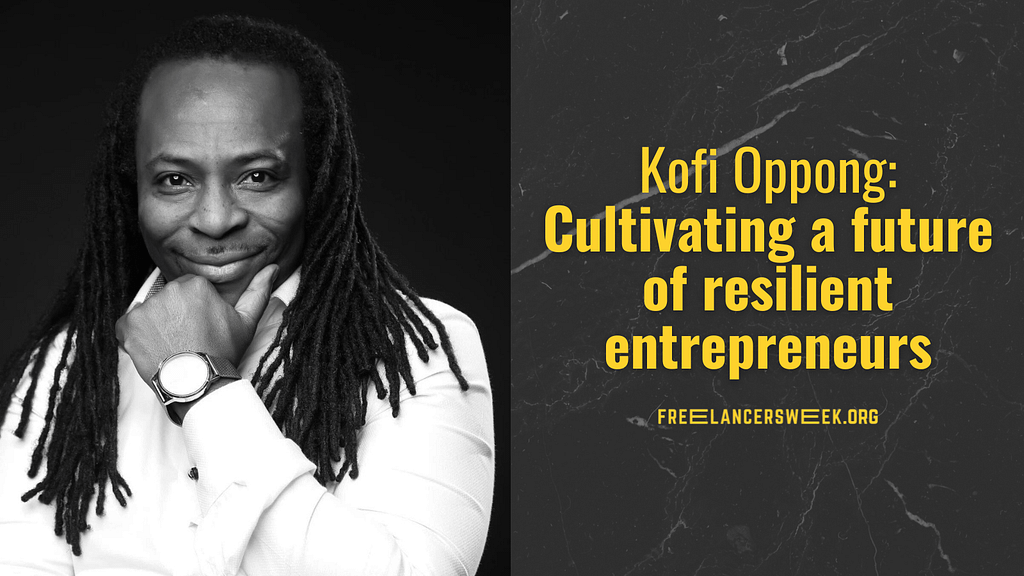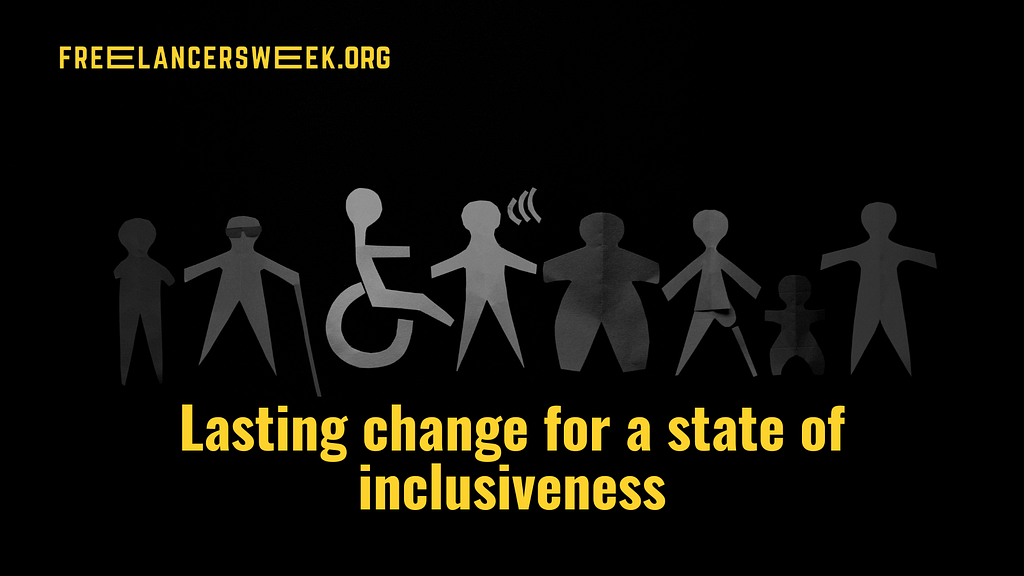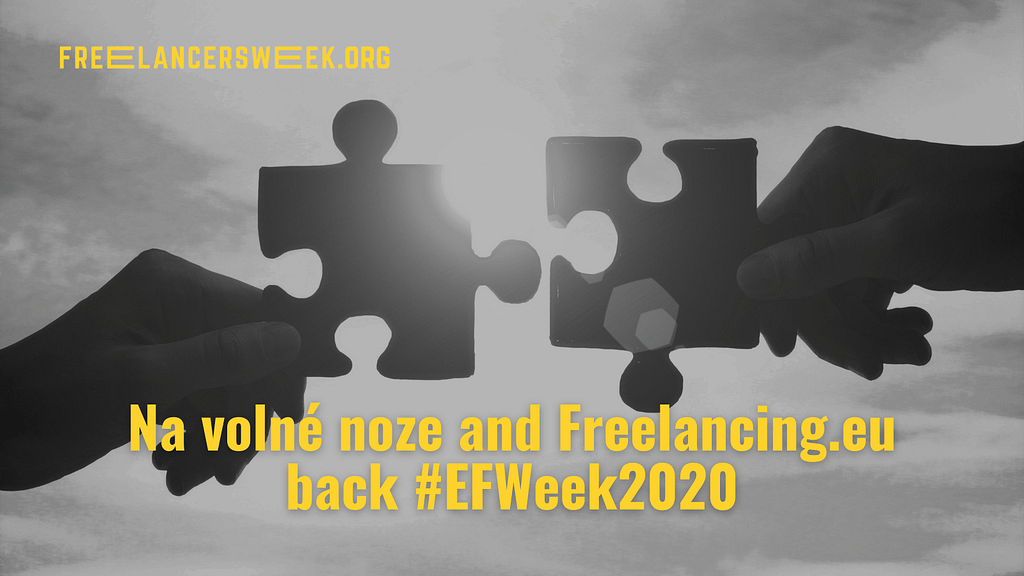Marleen Deleu is the director for trends and insights at NextConomy – on a mission to bring acumen and expertise to the freelance workforce and users of contingent labour in Belgium.
NextConomy is a unique, independent knowledge platform and community in Belgium for everyone involved in the changing world of work. Their ambition is to further develop into an (online) place where knowledge, insight, and opinions on new ways of working and organising work come together.
What is the mission for NextConomy?
NextConomy is an online knowledge platform in Belgium and is focused on freelancers and people who want to operate as independent workers, to help them develop their careers in a professional way. Companies, who make use of freelancers and other contingent workers, are our second target group.
We want to help these two parties because we have experienced that there is room for improvement on both sides on how they work together. There is in particular, a big increase in companies using external and freelance workers, but there’s hardly ever a centralised, long term vision or strategy. I call this ‘the elephant in the room’: the external workers are there but no one has a holistic view on the total workforce. The good side is that this leaves room for improvement and for more up-to-date talent management in line with the reality on the labour market.
A big mistake freelancer’s make is when they start their business is that they do not consider themselves to be entrepreneurs. Who are entrepreneurs? An entrepreneur is someone who establishes a business on their own and manages the business in its entirety – business planning, including its finances and acquiring more clients to make their business more profitable.
Looking at this definition a freelancer is an entrepreneur. We have experienced that many freelancers have no real business plan which makes them more vulnerable and thus their business is not sustainable.
In 2014, when I decided to become a freelancer, I was not well prepared myself, and I made every mistake possible. I underestimated the change from working in a big company that was run to take care of their employees. I would therefor highly recommend freelancers in Belgium to follow NextConomy as we have a unique platform to share knowledge and expertise. In addition to the knowledge platform, we also organise webinars, and offline debates and seminars.
Our mission at NextConomy is to follow trends closely and inform all stakeholders on the changes in the labour market. Our focus is to help freelancers find a voice to inform HR and procurement managers in enterprises and companies that the world of work is changing. Work, now more than ever, can be organised in agile ways, and the growing number of contingent and freelance workers plays an important role in this. This reality however urgently needs a new HR strategy in the company.
I have written a book on Total Talent Management as future proof HR strategy (TTM; in Dutch Integraal Talent Beheer, ITB) called Mis Geen Talent. The book focuses on the C-level of organisations, their HR management, and buyers of external talent to inspire them and provide them with practical tools to get started themselves and guide their organisation into the new reality of work.
How has the pandemic impacted the freelance industry?
One would imagine that because most sectors were impacted by the pandemic, most people were reluctant to start business or become freelancers. The opposite is quite true, in fact, since the start of the pandemic the number of freelancers in Belgium grew by 5%.
We can mainly see this growth in consulting, HR, and any work that has to do with ICT – (Information Communication Technology) professional profiles or roles, as there is a large demand in those areas.
Many people have also started to freelance in the healthcare field; namely nurses, starting their own freelance businesses and moving away from hospitals or carrier centres to work independently.
NextConomy, together with Unizo, organised Dag van de Freelancer 2021, where the latest report about the growth in the freelance industry was published. The Freelancer focus 2021 report is available in Dutch as a free download on the NextConomy website. This edition is already the seventh one in Unizo’s collection of reports based on freelancers. They have used the same mythology over the years, so you can see the trends from year to year.
During the last three years, the number of freelancers grew substantially by over 20% in Belgium. Of those, 85% are highly educated people with either a bachelor’s or master’s degree. This means it’s a highly skilled workforce and they can add much value to critical roles.
What tips would you give to those individuals looking to pursue a sustainable freelance career?
To be a successful freelancer you need to create a business plan and have an understanding of the financial aspects of your business. Much like any other entrepreneur, a freelancer needs to know upfront, who is the target audience. What kind of solution do they need to bring to solve the problem that this target audience faces? And, how can they make a living out of it?
The second thing is to learn to collaborate with other entrepreneurs that fall under the same niche. Do research on who in the ecosystem of that niche could be potential partners to work with and have a mutual offering to the target audience.
For instance, I work with someone who has a strong knowledge in HR technology, and I help him with strategic consultancy on workforce management.
I have years of experience in (contingent) workforce management and I’m a strategic thinker, which means I think in long term visions and solutions, something that this person is not as good at. But he has knowledge of HR-technology, which I don’t. Therefore, we are complementary to one another.
So together, it’s one plus one is three, that’s the effect. As a freelancer we should look for someone who will compliment us and then the mutual offering to the client will be of even greater value than if it was done alone.
This also brings the opportunity as a freelancer to give solutions as a total package and not on an hourly basis. This means we can work on a contract basis, with a complete solution or package of services to be provided.
How can a freelancer attract the right communities?
LinkedIn is a great tool that you can use to showcase your expertise in a certain niche. Use it to connect with your target audience and talk about who you are, what you do and how you can help your potential clients. This platform will get them to come to you.
In my own experience, I was always active on LinkedIn, and that’s how NextConomy started. The owner of ZipConomy in the Netherlands saw my profile and the work I had been doing. He then reached out to me to collaborate. The initiative was to start a knowledge platform together, but a Belgian version of what they had in the Netherlands.
Skill endorsements on LinkedIn can only go so far, but a glowing recommendation, for example from a client, can set you apart from the crowd.
All good freelancers should have a robust online presence, from public social media accounts to a digital portfolio. Having a well-defined personal brand can go a long way.
Hint! For NextConomy we are also always looking for experts with a good pen for contributions in a domain that has to do with entrepreneurship, organisation of work, the labour market, regulations concerning work, and social security.





